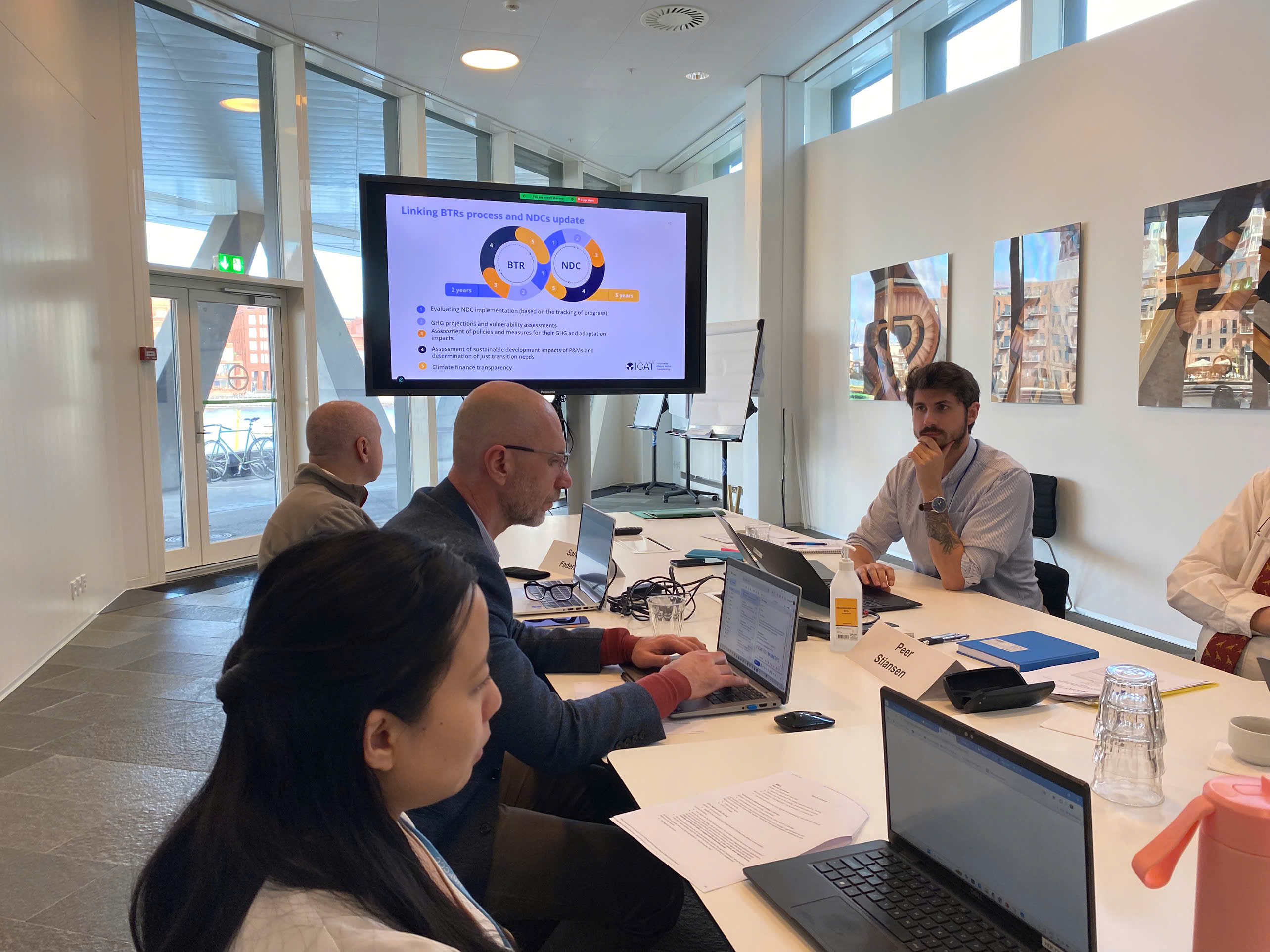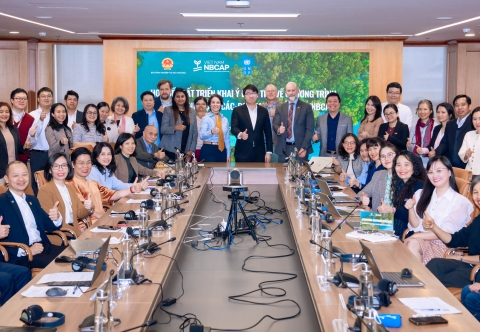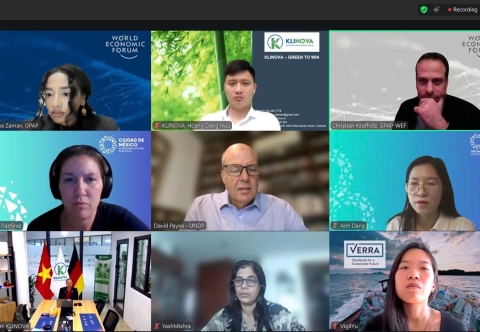2024 is a significant milestone in the fight between the international community against climate change, when for the 1st time in history, the countries must present the Biennial Transparency Report (BTR) according to the Paris Agreement. In that context, Initiative for Climate Action Transparency (ICAT) plays a central role in aiding more than 50 nations in building Measurement, Reporting, and Verification (MRV) systems. At the same time, strengthening the capacity of preparing for new Nationally Determined Contributions (NDC) will be updated in 2025.
In the 2024 Impact Report, ICAT shows the expanding scope with 53 national projects and 3 regional centers. Notably, 66% of BRT’s Developing countries received support from ICAT, which proves its indispensable role in the global transparency process.
ICAT has provided aid for several nations in various fields, ranging from policy impact assessment, climate finance mentoring, integrating action at the local level to building a justice transition tracking framework. For instance, Antigua & Barbuda and Cuba were supported in analyzing emission reduction scenarios in the transport and energy sectors, though which contributed to the NDC update. In Argentina, ICAT helped the government to collect and integrate action plans of 23 provinces, demonstrating the important role of provincial and non-state actions.

At the ICAT’s Consulting Committee meeting in mid-March in UN city, Denmark, 17 ICAT advisor members including Dr. Nguyen Phuong Nam from Vietnam had an in-depth discussion about ICAT 2.1 Strategy, due to the fact that ICAT has just come to a new phase following the BTR1, and is coming close to an update for NDC. Several topics were mentioned: efficiency of regional centers, cooperation opportunities with institutes and national technical agencies, as well as deeper integration merchandise such as Transport Climate Action Data Tool (TraCAD) into national data management systems. Dr. Nam suggested that ICAT continue to develop ICAT Forums and Climate Hubs at continental and regional levels to share updated information and knowledge on ICAT, including those in Asia and Southeast Asia. This idea was supported by many advisors to regions that already have climate Hubs such as in Africa, Central Asia and Latin America.
The discussion session on the ICAT Toolkit particularly emphasized improvements to the policy assessment guidance to better serve users in developing countries. Additionally, the draft update of the ICAT Indicator Guidance received positive feedback from experts.
Moreover, communication strategy, directions for expanding cooperation, how to approach new sponsors and how to build an adaptive transparency network were brought to analyses by the participants. Those suggestions aimed to make ICAT toolKit more friendly with the technical community and more effective communication to targeted audiences were also discussed.
According to the achievements in 2024 and the early 2025 meeting, ICAT is driving to be a leader of climate transparency in the next decade. Starting from 2.1 strategy, enhancing technique toolKit, and ability reinforcement in both national and local level would be continued and prioritized. In addition, expanding collaboration with the firms/organisations in the finance sector, academic establishments, and technique communities would be promising in creating a concrete network, with the purpose to enhance the quality of global climate action.
 Meeting to propose the implementation of the Letter of Intent for the National Green Carbon Action Partnership Program (NBCAP)
Meeting to propose the implementation of the Letter of Intent for the National Green Carbon Action Partnership Program (NBCAP)
 Online Workshop on the Financing Roadmap for Plastic Action to 2030: Mobilizing USD 8.5 Billion for Viet Nam’s Circular Economy
Online Workshop on the Financing Roadmap for Plastic Action to 2030: Mobilizing USD 8.5 Billion for Viet Nam’s Circular Economy